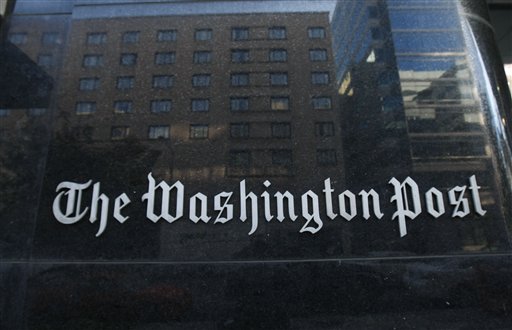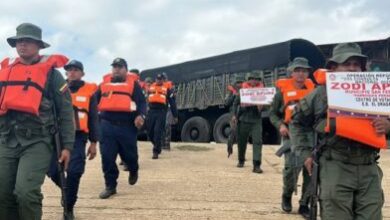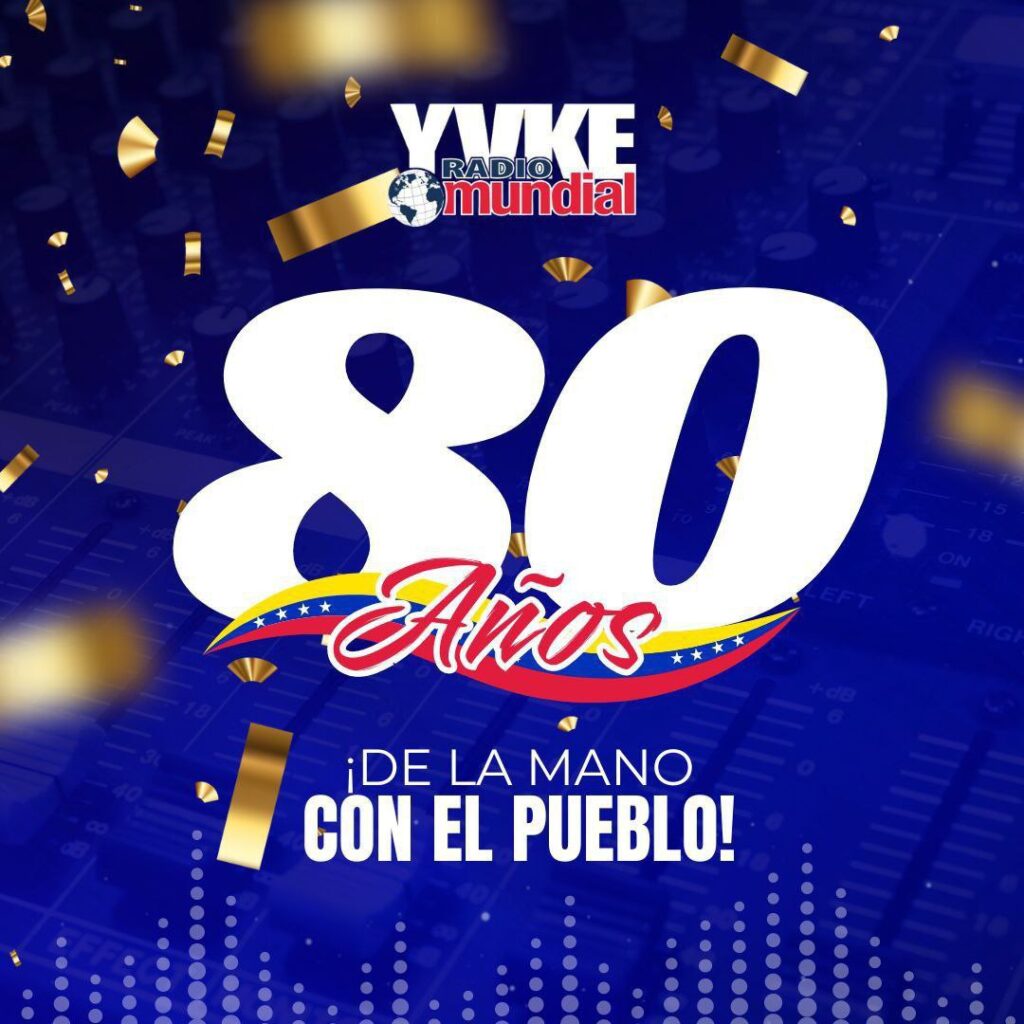The Washington Post arremete contra Venezuela al pedir «desesperadamente» una intervención política

Una vez más el imperio norteamericano arremete contra la soberanía de la República Bolivariana de Venezuela, a través de la más reciente publicación del editorial de The Washington Post titulado "Venezuela necesita desesperadamente una intervención política".
No es la primera oportunidad en la que este diario estadounidense recae en la injerencia contra la patria del Libertador Simón Bolívar y el gobierno constitucional del presidente Nicolás Maduro.
En este sentido, cuestiona la sentencia del Tribunal Supremo de Justicia con relación a la Ley de Amnistía aprobada por la mayoría circunstancial opositora de la Asamblea Nacional -documento jurídico que ampara a terroristas, violadores, asesinos, entre otros-.
Asimismo, culpa al Estado venezolano por los 43 fallecidos producto de los hechos violentos que generaron las guarimbas del año 2014, promovidas por dirigentes de la ultraderecha nacional.
Por otra parte, apela a la Carta Democrática Interamericana que aprobó la Organización de Estados Americanos (OEA) como “mecanismo para proteger la democracia de la región".
Finalmente, el texto camuflajea un llamado a la desestabilización del país e incita al caos nacional, al asegurar que "las posibilidades de desórdenes masivos son altos" y que una "explosión" no está lejos de ocurrir.
A continuación la publicación:
Venezuela is in desperate need of a political intervention
AN OPPOSITION victory in parliamentary elections in December gave Venezuela a fragile opportunity to arrest what has been an accelerating spiral toward an economic and political crash. Had it chosen to accommodate and negotiate with opposition leaders, the deeply unpopular government of Nicolás Maduro might have been able to ease mounting political tensions and build consensus around desperately needed economic stabilization measures. It was urged to pursue this course by the Obama administration and most Latin American governments, with the notable exception of its closest ally, Cuba.
Unfortunately, the regime has pursued scorched-earth warfare with the National Assembly, even as the hardships suffered by ordinary Venezuelans mount. Having been illegally packed with government supporters before the legislature took office, the Supreme Court has proceeded to strip the opposition majority of its constitutional powers and reject every measure it has passed. The latest, on Monday, was an amnesty bill that would have freed 76 opposition activists, including three senior figures whose release is the essential starting point for political reconciliation.
Like every other ruling it has issued, the court’s rejection of the prisoner release was ludicrous in its lack of legal sense. The justices claimed that the prisoners’ release would be unfair to victims of violence in anti-government demonstrations two years ago. But as human rights groups have extensively documented, most of that bloodshed, including 43 deaths, was committed by the regime’s security forces; far from engaging in violence, opposition leaders made speeches against it. No matter: Leopoldo López, the top politician being held, was sentenced to nearly 14 years for allegedly sending “subliminal messages” of incitement.
Apart from the crude violation of the rule of law, Mr. Maduro’s commitment to confrontation matters because Venezuela, a country of 30 million people with some of the world’s largest oil reserves, is approaching a calamitous breakdown. Shops are empty of basic foods and medicines, and the government is within months of a foreign debt default. Severe water and electricity shortages have spread in recent weeks; inflation is in triple digits, and violent crime is soaring. The government’s only response has been nonsensical measures, such as decreeing a four-day workweek for all public employees.
Opposition leaders are now pursuing the strategy of trying to legally unseat the government by collecting signatures for a recall referendum or passing a law shortening Mr. Maduro’s term. Almost certainly the regime’s minions on the Supreme Court and electoral authority will declare the initiatives void, regardless of their legality. Considering the people’s extreme privation, the chances of mass disorder are high.
Venezuela is desperately in need of political intervention by its neighbors, which have a ready mechanism in the Organization of American States’ Inter-American Democratic Charter, a treaty that provides for collective action when a regime violates constitutional norms. But the region’s leaders are distracted: Brazil is suffering its own political crisis, while the Obama administration is preoccupied with its outreach to Cuba. While the White House courts the Castros, they are using their control over Venezuela’s intelligence and security forces, and longtime acolyte Mr. Maduro, to foment his kamikaze tactics. An explosion is probably not far off.




